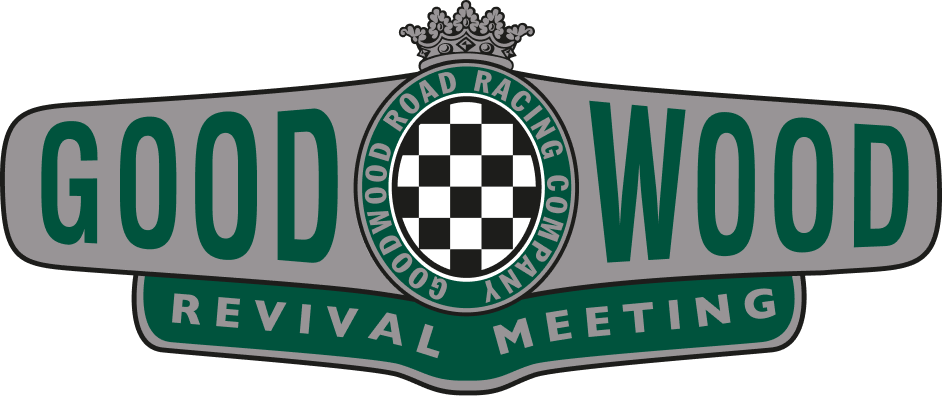Axon's Automotive Anorak: PSA is on a boom
Towards the end of last year, the motor industry rumour mill began buzzing with suggestions that Groupe PSA, the custodians of the French Peugeot, Citroen and recently-created DS Automobile brands, was going to buy General Motors’ established European marques – Opel and Vauxhall.

General Motors had been struggling to make money with its two European subsidiaries for years, despite Vauxhall, in particular, enjoying some sales success and improving reputation in the lucrative UK market in recent years.
Globally General Motor was in a bad way for some time, closing down or selling off some of its most beloved brands to consolidate its core business, including the demise of Pontiac, Saab, Oldsmobile and Saturn. As recently as 2014, the large PSA Group was in similarly poor financial health, with threats of wide-scale factory closures and battles with its many French factory unions.
However, where GM failed, and continues to fail, ultimately having to be bailed out by the Obama government, the PSA Group restructured its senior management team and sold a stake of its business to the French government and its strong Chinese Dongfeng affiliate.
PSA’s plans worked, with the French group’s balance sheet now liberally sprinkled with black ink. You might imagine that PSA would now want to rest on its laurels, having pulled itself out of the jaws of danger. But no. The day before the annual Geneva Motor Show opened its doors to the press one month ago, the French automotive giant proved the late-2016 rumours about acquiring GM’s European division to be true and not just fake news.
PSA paid GM 2.2billion Euros for the Opel and Vauxhall brands, with the full takeover due to be in place by the end of this year, giving Groupe PSA a combined European market share of around 17 per cent with c.4.5million combined vehicle sales, placing it second behind the Volkswagen Group, and ahead of its arch rival, the Renault-Nissan Alliance.

Quite what PSA plans to do with its new Opel and Vauxhall brands remains to be seen. These GM marques compete head-to-head in the exact same mainstream vehicle segments as PSA’s existing Peugeot and Citroen car and light commercial vehicle ranges.
The ex-GM makes have some expertise in electric vehicles that will be beneficial to the French marques, as will platform sharing, and Peugeot and Citroen’s sales in the number one European market – Germany – could be stronger, so the ‘domestic’ Opel’s image and strong dealer network may also add kudos there. Strange though that Peugeot has just announced its withdrawal from the influential Frankfurt Motor Show this autumn!
Opel-Vauxhall has existing relationships with some of PSA’s rival manufacturers, such as Fiat and Renault, for example, so these will initially cause some embarrassment and are unlikely to continue once PSA-related successors to the current Vauxhall Combo and Movano vans are replaced.
Longer-term, the future of both the Opel and Vauxhall brands has to be questioned, especially as both groups already have too many overlapping models, and too many European production facilities, failing to work at full capacity.

PSA has some previous form here, which didn’t end well. When Chrysler’s loss-making European (ex-Rootes and Simca) operations failed in the late 1970s, PSA acquired the ailing manufacturer and re-branded everything as Talbot. At its 1979 relaunch, Talbot’s future looked bright and assured, regrouping its dealer network to combine with Peugeot. However, by 1986 the dream was over with PSA pulling the plug on its young, recreated Talbot brand for good.
PSA ambitions to grow its global presence don’t stop with the purchase of GM’s European operations though. The French group has now also bought the famed Ambassador sub-brand from Indian vehicle maker Hindustan, with the imminent purchase of Malaysia’s Proton rumoured, which is liable to include the legendary Lotus name being added to PSA expanding motoring portfolio.
Groupe PSA has acquired the Hindustan Ambassador rights to reintroduce an all-new Ambassador-badged ‘low cost’ model into the growing Indian new car market, to compete directly with the budget-priced Dacia/Renault and Suzuki/Maruti brands. The previous Ambassador is India’s most famous car, based on the 1950s Morris Oxford Mark II, and built from 1958 to 2014! The brand new Ambassador, forecast for release around 2020, can only be an improvement on the ancient Morris.
The appeal of struggling Proton to PSA has to be in furthering the Group’s expansion in the profitable Asian markets, with the added attraction of Proton’s ownership of Norfolk’s celebrated Lotus being a huge bonus. Who knows, this unpredicted PSA alliance might even see a modern day successor to the fabled Vauxhall Lotus Carlton being launched. Here’s hoping…
Peugeot
Citroen
Vauxhall
axon's automotive anorak





